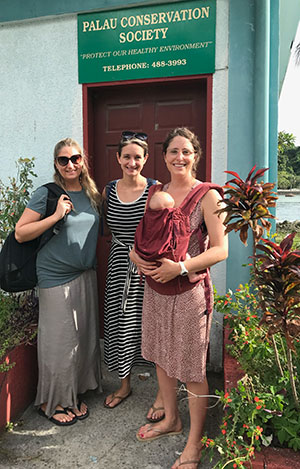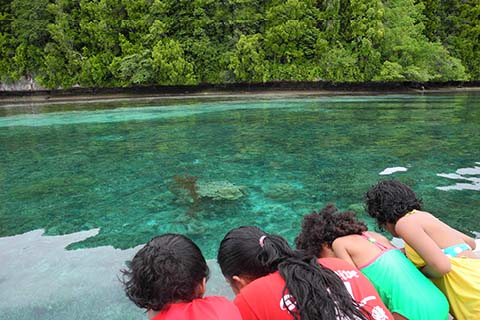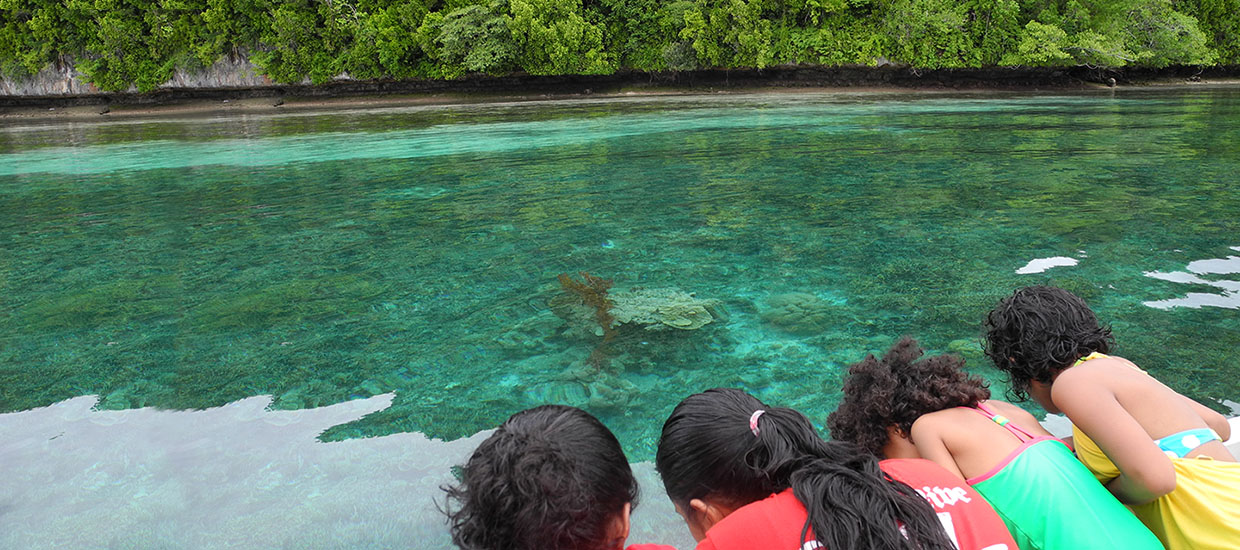The systemic inequities in science and conservation are well known. It’s time to do better, and we are committed to doing our part.
Collaborative members acknowledge our multi-faceted identities and support one another in our roles as caregivers, friends, spouses, partners, students, mentors, scholars, and many more. We prioritize our mental and physical health. We aim to practice a collective ethic of care that enables us to do our very best work.

We are also deeply committed to maintaining an inclusive lab – and to enacting this commitment in our broader fields. How? We add our voices and actions to the movement to end parachute research in conservation (see: de Vos and Schwartz 2022; Singeo and Ferguson 2022). We welcome children into our meetings and spaces, and support lab members when they need to prioritize self-care and care-giving responsibilities. We advocate for systems-level changes within academia and conservation. We build inclusive pedagogy and curricula. We acknowledge, with respect, the ancestral and traditional territories of the Seminole Tribe of Florida, the Council of the Original Miccosukee Simanolee Nation Aboriginal Peoples and the Miccosukee Tribe of Indians of Florida who are the original owners and custodians of the land upon which we stand and learn. These are just a few examples. Our commitment is a verb—it is intentional, active, and dynamic.






